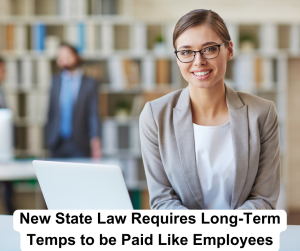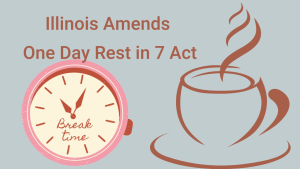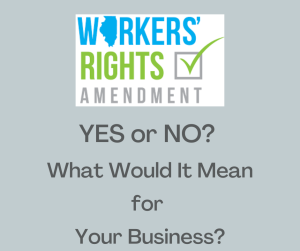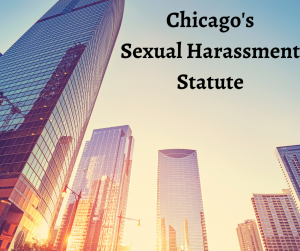
Are Non-Competes Really Enforceable?
Most non-compete agreements between employers and employees violate the National Labor Relations Act, according to a May 30 memo from Jennifer A. Abruzzo, general counsel for the National Labor Relations Board. Such agreements, which bar employees from taking certain types of positions or running certain types of businesses after leaving their current positions, specifically run afoul of Sections 7 and 8(a)(1) of the act, she wrote.
Section 7 provides that employees have a “right to self-organization, to form, join or assist labor organizations, to bargain collectively through representatives of their own choosing, and to engage in other concerted activities for the purpose of collective bargaining or other mutual aid or protection,” Abruzzo noted. As such, under most non-competes, employers engage in an unfair labor practice that violates Section 8(a)(1) because they “interfere with, restrain, or coerce employees in the exercise of the rights guaranteed in [S]ection 7.”
 Chicago Business Attorney Blog
Chicago Business Attorney Blog











